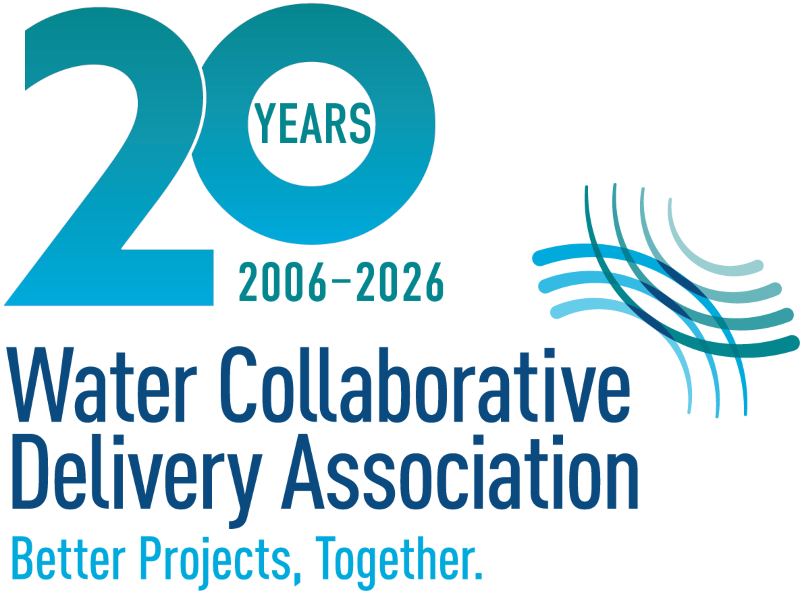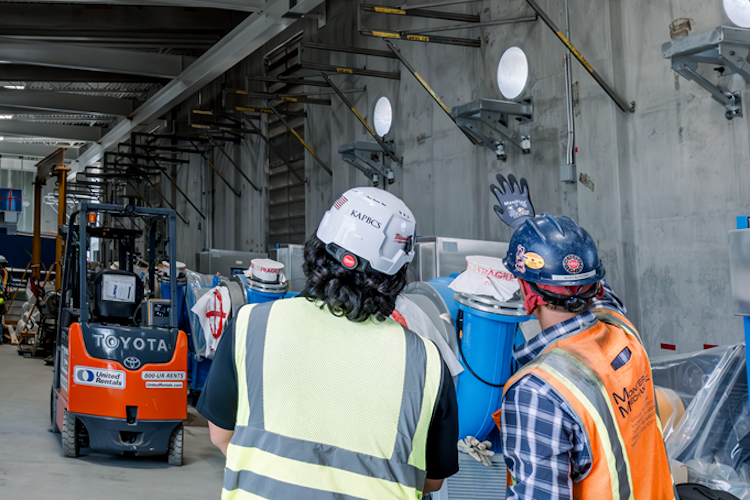In an effort to pinpoint what makes a successful collaborative delivery (CD) project, numerous blog posts and research papers have identified common elements that should be pursued. Elements such as trust, transparency, teamwork, and strategic partnering are recognized as the core framework of success within a CD project. One of these elements bears some thoughtful consideration: strategic partnering.
Strategic partnering tends to focus on the main partnership between the owner and the design-build team, CMAR team, joint venture, or a combination of any of these entities—simply put, the prime agreement between owner and _____ (fill in the blank). Without a doubt, these partnerships are crucial to consider, both in project pursuits and successful project completion.
But are we overlooking another key partnership? What about our key suppliers? Are we offering the same early invitation to them?
The industry has recognized the importance of engaging the right CD team, but the success of a project could also depend on the performance of key suppliers. These important partnerships play a crucial role in the planning and execution of a project, whether it is hitting a cost target during design development, delivering successful milestones, or providing overall customer satisfaction.
Early engagement with suppliers is more than a successful execution tactic. The best working environments are usually generated from a genuine desire to do more than build a quality project, but to also build a quality experience for all parties involved. When the collective team sets out to build a “win-win” atmosphere that stretches across all stages of the project, it fosters relationships that have a lasting impact on not just the project at hand, but the community, people, and future work. To include key suppliers in our strategic partnering then, we need to extend the same level of trust and commitment to them as we do our main partners.
Key suppliers include critical equipment manufacturers, key material suppliers, and critical trade subcontractors. First, we need to understand that we are operating in an environment of strained qualified labor resources. Second, when owners choose to utilize a collaborative delivery method, the expectation is that the early design and preconstruction stages are comprehensive, innovative, and solutions oriented. Many contractors within the water/wastewater market self-perform critical scopes of work because of the value we know it brings to the early stages of the project and to labor resource management.
Few contractors, if any, have in-house resources that cover all scopes, which makes it necessary to engage partners that specialize in critical scopes. For a partnership to be effective, it is important that it comes with a solid commitment. When suppliers are assured that the “job” is coming, a different level of engagement occurs in design reviews, cost development, and resource allocation knowing that they have some “skin in the game.” When we partner with unique services such as systems integration experts and commissioning and plant operations teams, discussing these elements early in the project will lead to a smoother plant turnover and transition to operations. New industry elements, such as artificial intelligence (AI) and “digital twinning” are attributes to water/wastewater plants desired by our customers and need to be developed early in the project to be implemented effectively.
Key materials and long-lead equipment have become critical to a project’s success mainly due to the supply chain challenges the industry has experienced over the past few years, coupled with uncertainty of skilled labor availability. Many forms of prefabrication or off-site manufacturing have become the solution for some, and engaging critical equipment manufacturers early can solidify your place on the assembly line. Deferring traditionally “stick-built” scope to off-site manufacturing fosters success when you design with this strategy in mind and requires strategic partnering within the area to effectively execute.
A traditional CD method provides the necessary contracts that hold suppliers accountable for the work they perform, and at first glance, does not necessitate any early onboarding considerations. However, the advantages early onboarding provide are all too clear in today’s volatile market. When we further add in the true value of a project—relationships built on trust and transparency—the benefit of early engagement solidifies. Projects that extend beyond the materials and build environments and are based on trust and commitment where people want to live and work become those that are truly marked as successful.

